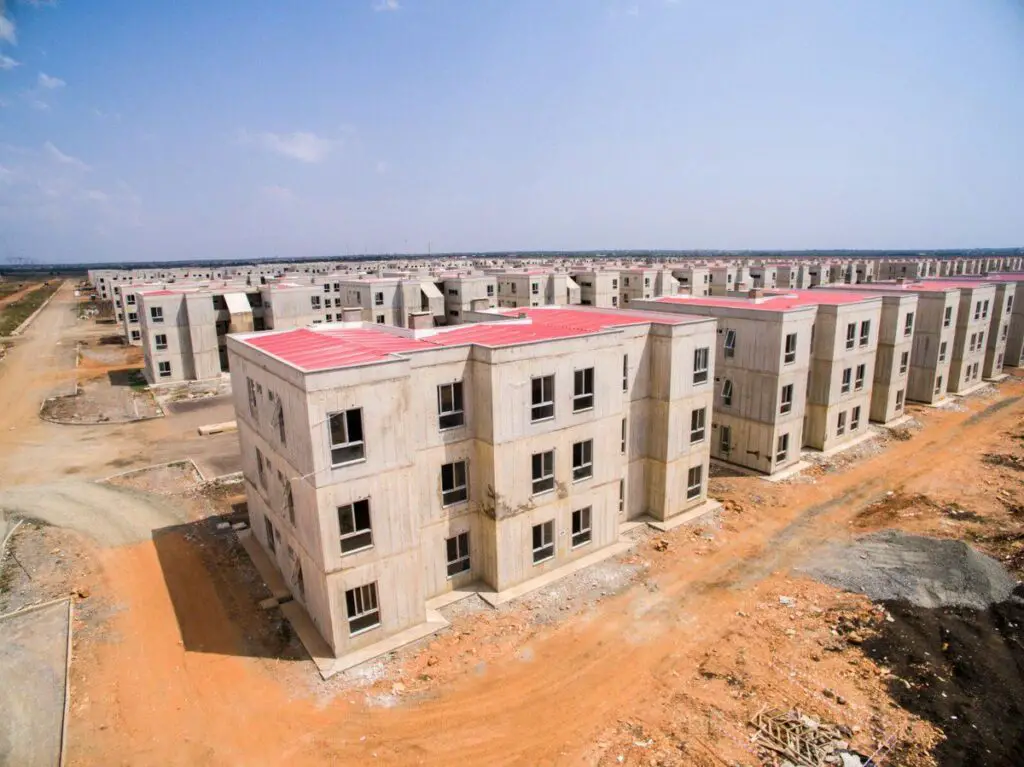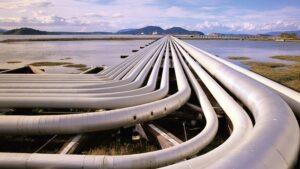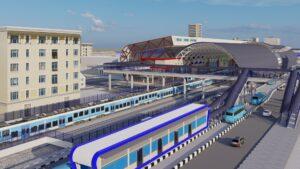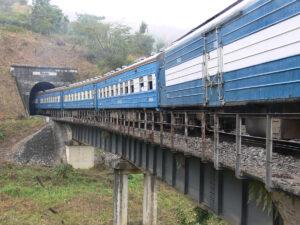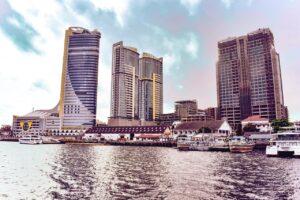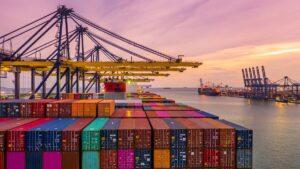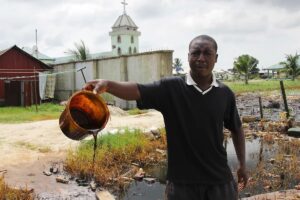- Agribusiness could drive Africa’s economic prosperity
- Dawood Al Shezawi: Why AIM Congress 2024 is the epicenter of global economic and cultural dialogues
- d.light’s 600,000 cookstoves project verified as top source of quality carbon credits
- Artificial intelligence (AI) could create a turning point for financial inclusion in Africa
- AIM Congress 2024: Catalysing global investments with awards
- Kenya’s economic resurgence in 2024
- The most stressful cities to live in 2024 exposed
- Tech ventures can now apply for the Africa Tech Summit London Investment Showcase
Infrastructure
- The World Bank data shows remittances by Africans in the diaspora hit over $95.6 billion in 2021 with Nigeria, Ghana, and Kenya among the highest recipients of the inflows.
- Africa has a housing deficit of about 56 million units driven largely by urbanization and population growth, which has left governments struggling to meet the demand for affordable units.
- Many of the 40,000 people moving to African cities every day cannot afford basic formal housing or access loans to acquire homes.
Pan African housing development financier, Shelter Afrique, is targeting Africans living and working abroad to enhance the delivery of affordable housing agenda across the continent.
Shelter Afrique managing director Thierno-Habib Hann said over 170 million people of African descent that live and work in various countries across the world present a formidable resource pool for the continent’s infrastructure development, including housing.
“African diaspora populations are growing, as are their savings …
Africa has been hailed as the next frontier in the provision of global oil and natural gas resources, especially now in the wake of the ongoing Russia-Ukraine war.
This crisis has not only altered the global energy landscape, but also instigated an inflation in gas prices, given the former’s position in the hierarchy of major global producers. As sanctions continue to soar, Europe has embarked on a quest to find contingency energy supplies, as it seeks to minimize its dependency on Russia; which has already cut off gas supplies to countries like Finland, Poland and Bulgaria, over energy payment disputes.
Consequently, Africa’s gas resources have gained a newly found prominence, pertinently by the European Union (EU); owing to the continent’s rich endowment of oil and deep gas reserves. The mounting global demand for gas, has been pushing international energy companies to reconsider African projects. The numerous ongoing and upcoming oil …
At the start of the year, state governor Babajide Sanwo-Olu was photographed inspecting two high-speed trains purchased from the United States of America for the Red Line, which is expected to form the second spoke of the LRMT. The line runs from Marina to Agbado, 30 kilometres from Lagos.
The Blue and Red lines, when complete, are expected to move more than a million people across the expansive metropolis daily, addressing the heavy congestion that has become common within the city.
The light rail project was first contemplated a few decades ago, the initial projections indicating that the Blue Line would be completed in 2011. However, the project was weighed down by a myriad of challenges, including bureaucracy, corruption, mismanagement, and funding.
The light rail project is one of the numerous long-delayed plans to connect Nigeria by rail that has been invigorated by President Muhammadu Buhari’s government.…
The East African region is transforming with multibillion dollar projects planned or already underway in the different sectors of their economies. …
These developments will greatly enhance the implementation of the Africa Continental Free Trade Agreement (AfCFTA) …
Ethiopian Airlines Africa’s largest air carrier has announced via its chief executive officer that it plans to build Africa’s largest airport this year costing $ 5 billion.
The airline chief Tewolde Gebremariam told the Ethiopian Broadcasting Corporation that the airport could be bigger than France’s Charles de Gaulle, and the construction will start in the next six months.
According to a report by Reuters, Gebremariam was quoted by the Ethiopia News Agency that, the airport, which will cover an area of 35 square km, will be built in Bishoftu, a town 39 km south east of the capital, and have the capacity to handle 100 million passengers a year.
“Bole Airport is not going to accommodate us; we have a beautiful expansion project. The airport looks very beautiful and very large but with the way that we are growing, in about three or four years we are going to be …
By 2030, nearly half of Kenyans will be living in cities as many young people keep moving to urban areas in search of jobs and other opportunities…
The East African Community has for long earmarked the linking of partner countries through roads. One of this link is the link road that connects the coastal towns of Mombasa and Tanga, touching the lives of thousands of commuters and transporting goods and services worth millions.
Recently, the EAC announced that it has increased its funding for key projects from various donors among the Africa Development Bank (AfDB), which has now approved this project.
The Bank’s support for the Mombasa-Lunga Lunga/Horohoro and Tanga-Pangani-Bagamoyo roads Phase I, is in the form of African Development Bank and African Development Fund loans and represents 78.5% of the total €399.7 million project cost. The European Union contributed a grant of €30 million, 7.7% of the total project cost, to the government of Kenya.
The road is a key component of the East African transport corridors network, connecting Kenya and Tanzania. Producers, manufacturers and traders …
The government of South Sudan has managed to commission a $38 million upgraded power distribution system financed by the African Development Bank (AfDB)to restore reliable electricity supply to Juba’s central business district and boost suburban livelihoods.
South Sudan has been recorded as the nation that had worst electricity access in the world, as the Africa Oil and Power report shows that, the power supply stands at just 1 per cent of the population.
The funding that was commissioned on 21st November comes to the rescue of the country that had a devastating conflict, crippling most of its economic systems.
According to the African Development Bank, the Juba Power Distribution System Rehabilitation and Expansion Project is the first in a series of major energy sector interventions by the Bank to improve livelihoods and build resilience in South Sudan. As its counterpart contribution, the government provided land for the construction of five …





